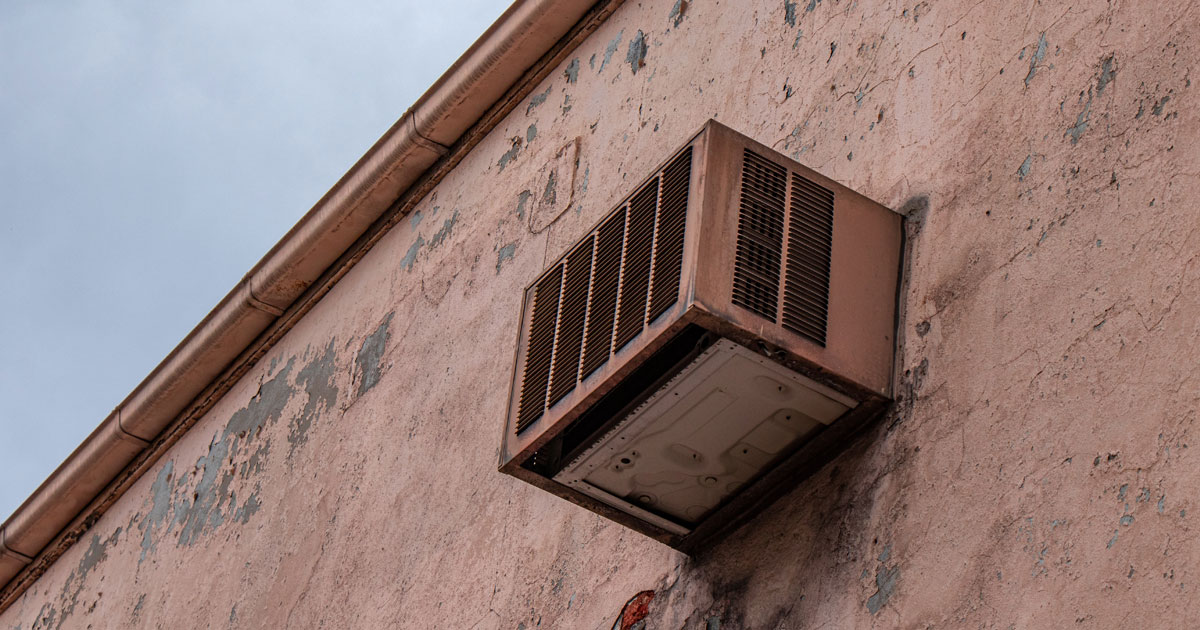Are your AC repair bills increasing each month, prompting frequent minor fixes? It is time to consider upgrading to more energy-efficient units, which could save money in the long run.
Older models employ refrigerants known to deplete ozone layers, which harm the environment, while newer units use eco-friendly alternatives.
For more insights on the benefits of upgrading to energy-efficient AC units and making an eco-conscious choice, check out the following blog post from Diamondback Plumbing and Cooling.

Increased monthly energy bills
Everybody enjoys keeping their homes cool in the summer heat, but it also strains the electrical grid. If your kilowatt usage increases significantly, upgrading to an AC unit with higher SEER ratings could save money and energy.
Other factors also impact your electricity bill besides the age and condition of your air conditioning unit. Ignoring regular tune-ups will force it to work harder and raise costs accordingly.
The size of the AC unit also plays a factor in your electric bills; larger homes require more power to cool, but you can reduce consumption by keeping windows and doors shut when using air conditioning. Finally, thermostat settings impact power usage – make sure it is set at an acceptable temperature, and replace filters regularly!
Uneven temperatures in your home
Uneven temperatures in your home could be caused by many different things, from clogged filters restricting airflow to blocked vents creating blockages or an improperly insulated home. However, uneven temperatures could also indicate that your HVAC system is overworking to keep everything comfortable within its confines.
An experienced and knowledgeable HVAC professional can assess your home to identify what’s causing increased electricity usage, inspect various AC components for damage or wear and tear and discuss maintenance habits to ascertain if an upgrade may be necessary.
Dirty AC air filters
Filters that aren’t regularly changed out can allow dust, dander and debris to build up over time, entering your air duct system and spreading throughout your home.
Clogged airflow and overheating caused by dirty filters can add up to skyrocketing energy bills, so to save money, replace your older AC unit with one that’s more efficient.
An air conditioning system with SEER 25 or higher efficiency ratings will significantly lower energy consumption while newer models use less refrigerant, both good for the environment and your wallet; over time, these energy savings will more than cover the purchase cost of an alternative air conditioning unit.
Poor air quality in your home
An AC unit that pushes out the same air throughout your home becomes an incubator for bacteria and other harmful organisms, potentially leading to respiratory issues such as bronchitis or asthma flare-ups in people already diagnosed.
An old AC system may leak refrigerant, mainly if it uses R22, which has since been banned in the US. Repair costs for leakage could vary depending on the extent and location of the unit; upgrading to more energy-efficient models may reduce energy costs while protecting the environment from harmful substances that could enter its environment through vents or leaks.
